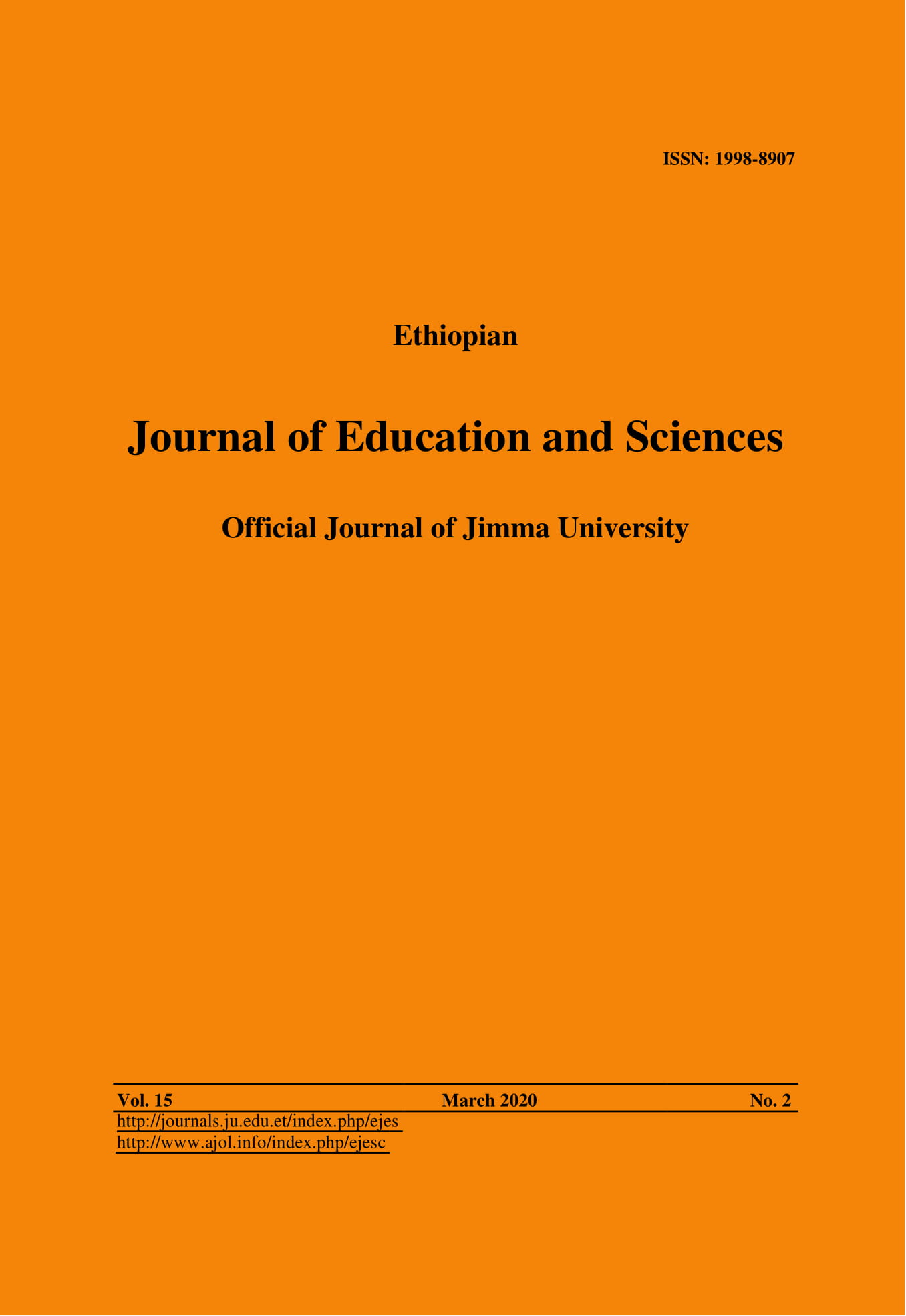Main Article Content
Variations in Tasting Phenylthiocarbamide (PTC) in Selected Individuals from Ethiopia: Implications for Human Health
Abstract
The present study aimed to examine the PTC tasting ability in selected individuals from Ethiopia. It involved 465 participants representing four ethnic groups. A total of 69 individuals from Amhara (30 females and 39 males), 52 from Agnuak (3 females and 49 males), 59 from Nuer and 285 (60 females and 225 males) from Oromo were recruited. The investigation was made using a series of graded concentrations of PTC dissolved in pure water and the results were recorded. The participants were analyzed for the distribution of tasters and non-tasters for PTC. The frequency of dominant and recessive alleles of PTC gene was calculated using Hardy-Weinberg methods. The result showed that the frequency of tasters (82.80%) were significantly higher than that of non-tasters (17.20%) in all populations. Likewise, frequency of tasters among males (83.06%) and females (82.61%) were significantly higher than the frequency of non-taster males (16.94%) and females (17.39%). This shows that PTC tasting ability varies as a function of sexes. In all populations, the frequency of T allele (0.59) is higher than the frequency of t allele (0.41). Recognition threshold for PTC in 465 participants of both sexes were determined (at 8 and 9 solutions) and indicated that the taste ability distribution is bimodal. Based on the present data on diet, an association between the ability to taste PTC and food preferences have been observed among the studied populations. With this regard, further comprehensive study on various populations is needed, which could have significant public health importance.






